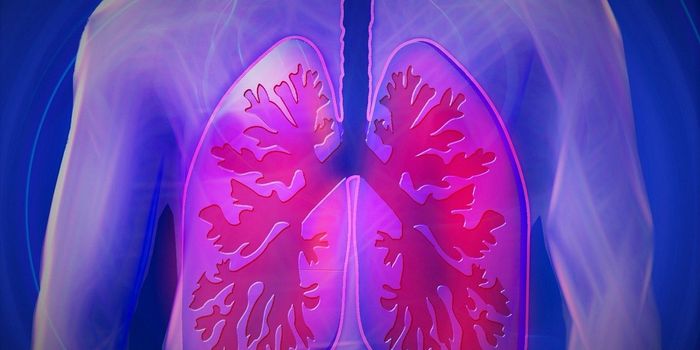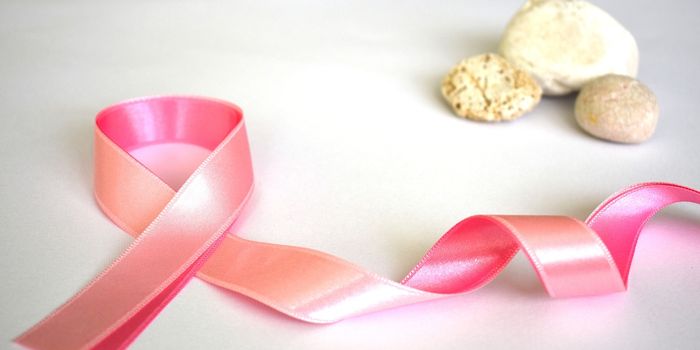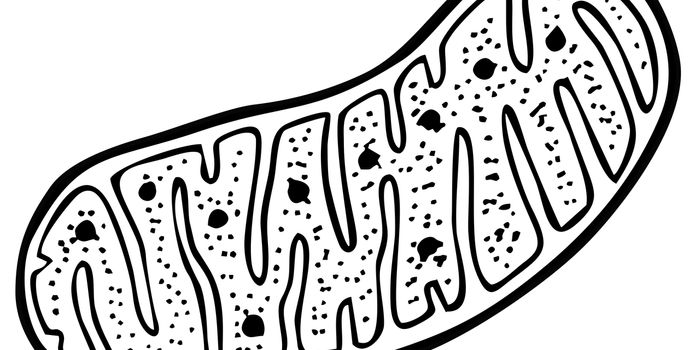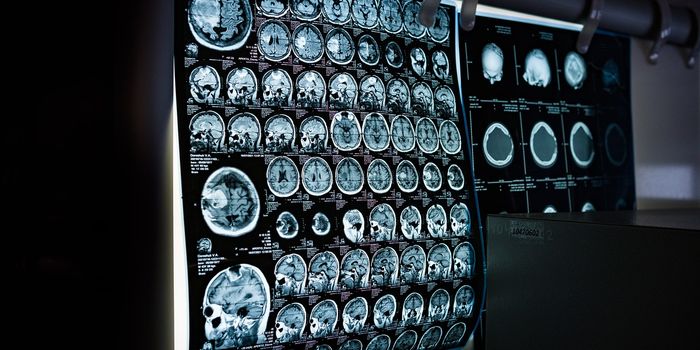Kiwi Juice Provides Therapeutic Benefit in Lung Cancer Model
Actinidia arguta, commonly known as the hardy kiwi or kiwi berry, looks like a smaller, hairless version of the Actinidia deliciosa, the kiwifruit you might see at the grocery store. The juice from the hardy kiwi, known as sarunashi juice (sar-j) in Japan, inhibits skin cancer development in mouse models. The researchers who reported the benefits of sar-j on skin cancer now sought to evaluate its impact on lung cancer. These researchers recently published the results of their lung cancer research in the journal Genes and Environment.
To examine the impact of sar-j, the researchers used a mouse lung cancer model induced by nitrosamine, 4-(methylnitrosamino)-1-(3-pyridyl)-1-butanone (NNK), a compound found only in tobacco. Following tumor inoculation, mice received water or sar-j. While 100% of the mice drinking water grew tumors, only 53.3% of mice drinking sar-j developed tumors. Further, the number of tumor nodules per mouse decreased from an average of 5.14 in the water group to 0.733 in the sar-j group.
To validate these findings, the researchers conducted a similar experiment testing the effect of isoquercetin (isoQ), a major component of the hardy kiwi. IsoQ has antioxidant properties meaning that it prevents cellular damage that can lead to abnormal cell growth and, subsequently, cancer. A high dose of isoQ had a slight impact on the percentage of mice developing tumors (100% in the water group, 90% in the isoQ group) and a small reduction in the average number of nodules per mouse (3.67 in the water group, 2.00 in the isoQ group).
To further investigate the mechanism by which sar-j impaired lung tumor development, the researchers explored mutagenicity, the process by which DNA acquires a mutation that can lead to cancer. NNK induces mutagenesis by forming adducts of DNA which, if not repaired, cause incorrect base pairing during DNA replication. If incorrect base pairing occurs, a mutation could result. The study found that sar-j, but not isoQ, inhibited the NNK mutagenicity.
In addition, using a lung cancer cell line, the researchers demonstrated that treatment with sar-j decreased cell viability. The higher the concentration of sar-j provided to the growing cells, the fewer cells survived.
The authors concluded that sar-j and isoQ impaired the development of NNK-induced lung tumors. The findings regarding reduced mutagenicity suggest that sar-j targets tumor initiation. Further, the study also found that in an in vitro setting, sar-j targets the growth phase tumors.
Sources: Genes Environ (Nishimura), Genes Environ (Takata), NLM









